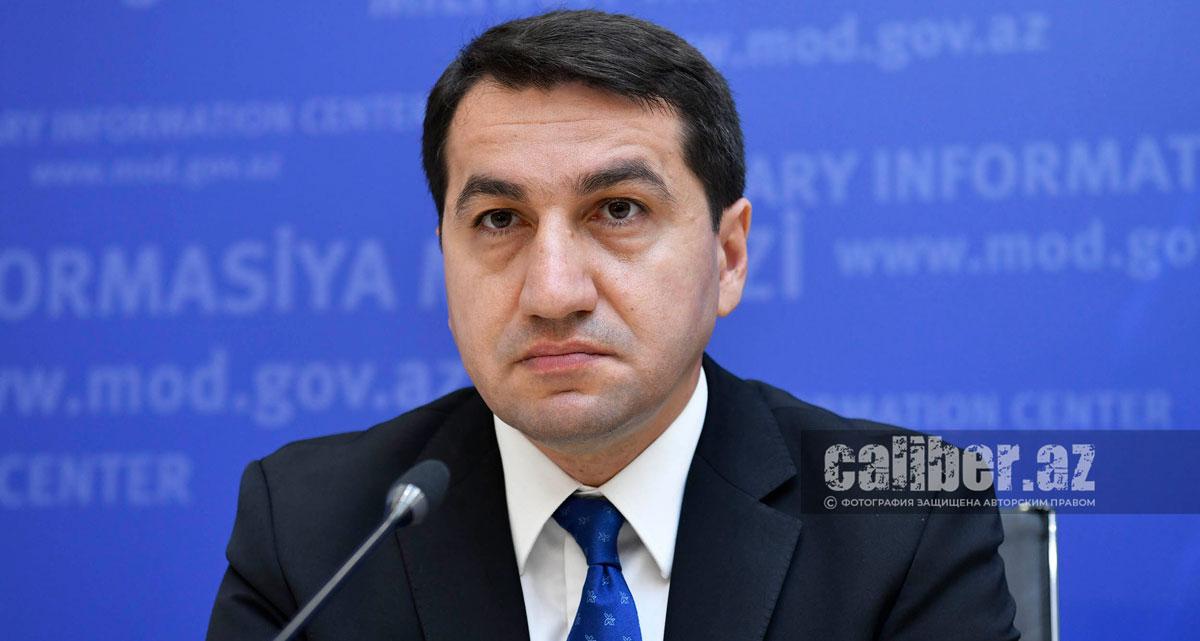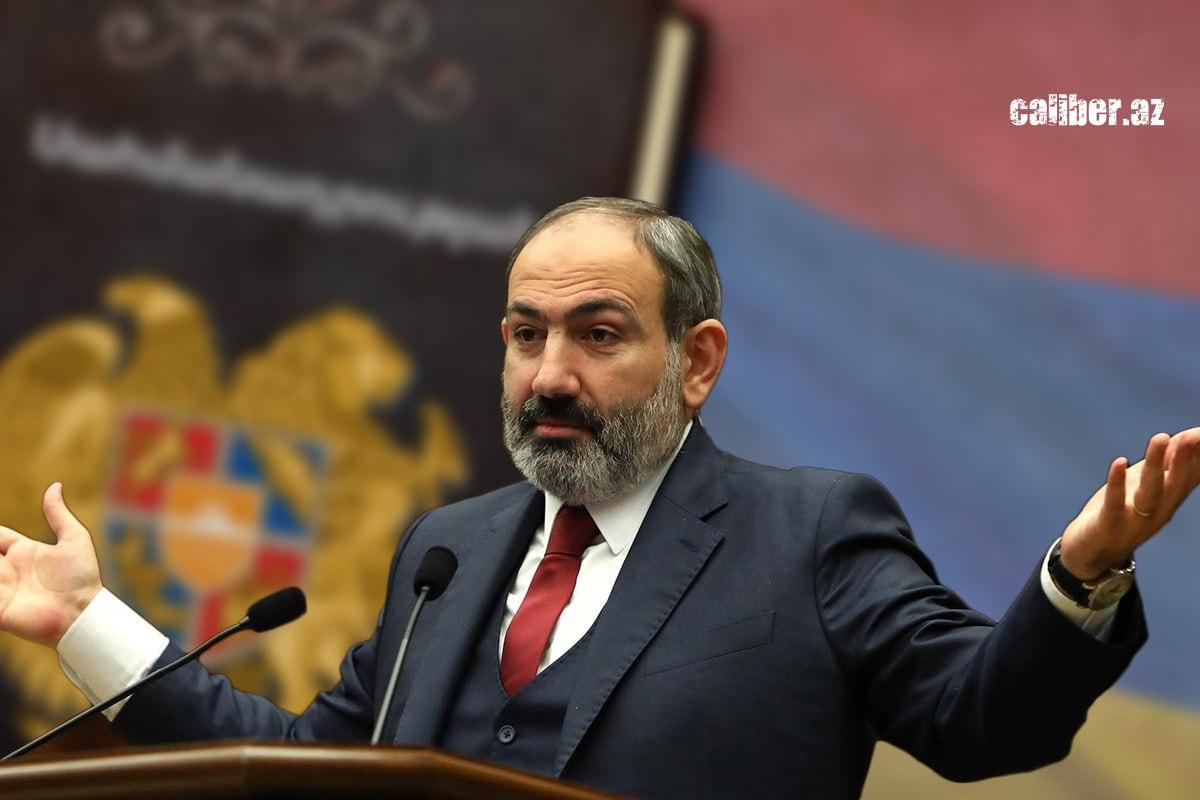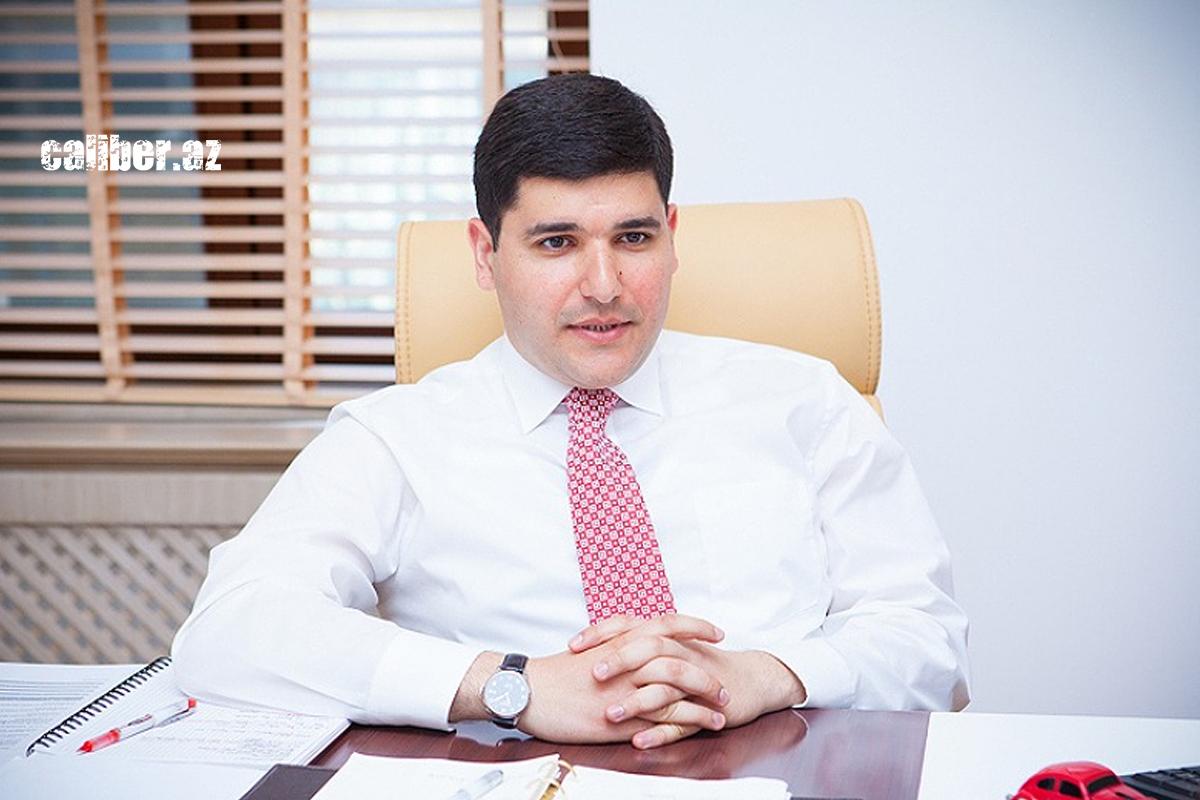Pashinyan harms peace process by refusing to meet Azerbaijani president at UK summit What's next?
An interesting development occurred in the Armenian-Azerbaijani peace process, though it was notable for what did not happen. Specifically, Armenian Prime Minister Nikol Pashinyan declined to meet with Azerbaijani President Ilham Aliyev in a bilateral setting at the IV summit of the European Political Community, which commenced in Oxford, the UK, on July 18. This meeting had been suggested by the event’s host, the United Kingdom.
Here is how Hikmet Hajiyev, Assistant to the President of Azerbaijan and Head of the Foreign Policy Department of the Azerbaiani Presidential Administration, commented on this: "It was suggested that it should be held in the format of a meeting between the President of Azerbaijan and the Prime Minister of Armenia at the Munich Security Conference. Thus, German Chancellor Olaf Scholz took part in the Munich Security Conference at the beginning of the meeting, after which the meeting continued in a bilateral format between Azerbaijan and Armenia. The UK offered to hold the meeting in the same format. However, the Armenian side refused it".

Reflecting on the Armenian establishment’s expectations from the recent Washington meeting between the Foreign Ministers of Azerbaijan and Armenia, where Secretary Blinken ensured continuous engagement with both sides, a pattern emerges. It appears that Yerevan is attempting to shift away from the bilateral negotiation approach that has been in place since the end of last year. Instead, Armenia seems to prefer meetings that involve Western partners, aiming to reverse the process and conduct discussions only in their presence.
While this material was being prepared, another curious piece of news came, or rather two - in the form of statements by the Armenian Foreign Ministry's spokesperson Ani Badalyan regarding the London demarche. The first reads as follows: "The Armenian side proposed to hold a bilateral meeting between the Armenian Prime Minister and the President of Azerbaijan within the framework of the European Political Community summit in the UK, but the Azerbaijani side rejected this proposal. The Armenian side's proposal is still valid. The Armenian side also reiterates its proposal to intensify high-level and top-level negotiations and to reach the signing of a peace agreement within a month".
Before we had time to react to such boldness, a second statement emerged: "Prime Minister Pashinyan not only has not refused, but is ready right now to hold a bilateral meeting with Aliyev. Meanwhile, it was Aliyev who refused a bilateral meeting and said that the Azerbaijani side was allegedly ready to hold a trilateral meeting with the participation of the British Prime Minister".

That is, Pashinyan presents the case as if Aliyev wants to hold the meeting in the presence of the British prime minister, while he himself is committed to the bilateral format.
Clearly, after such a démarche, no meeting can be anticipated. London is unlikely to extend another offer, and out of respect for London, Baku will also refrain from agreeing to a meeting without preliminary arrangements from the host.
Perhaps the most important question in this context is: at whose instigation did Yerevan refuse direct bilateral negotiations in Britain? The French, of course, immediately come to mind. Paris is the ideological inspiration of the summit itself. And it is quite likely that it was Macron and his team who persuaded Pashinyan to disrupt a meeting at which they could have no influence. However, was it only the French? Was Macron's "lame duck" support enough to commit such an act of disrespect to British Prime Minister Keir Starmer? And here it is necessary to remember again the meeting of foreign ministers in Washington, which the American side is trying to put forward almost as a breakthrough. "We think a deal is possible, but it will require both sides to make difficult choices and difficult compromises. And so we're going to continue to encourage them to resolve those final differences and reach an agreement," US State Department spokesman Matthew Miller said recently.
On July 17, US Undersecretary of State for Civilian Security, Democracy and Human Rights Uzra Zeya gave an interview to an Armenian publication in which, among other things, she stated the following: "The US is concerned about the humanitarian and human rights crisis in Nagorno-Karabakh and the more than 100,000 displaced persons. The US continues to urge Azerbaijan to ensure the rights and safety of Armenians in Nagorno-Karabakh, and to provide conditions for safe, voluntary, dignified, and sustainable return as soon as possible so that those who have the will can return to their homes."
It should not be difficult to conclude that the Americans are trying to sneak into the text of the peace treaty a point about the "rights of the Armenians of Karabakh".
Taking into account the above-mentioned activity of Washington, it can be assumed that the States have given permission for such impolite behaviour by Pashinyan towards the British. It is possible that Washington is also sending a signal to the British Labour Party about "who is the master of the house", in other words, who rules in the Anglo-Saxon world.
Azerbaijani political scientist Farhad Mammadov commented on his Telegram channel: "It’s clear, as Hikmet Hajiyev noted, that Pashinyan's refusal to meet with the Azerbaijani president is perceived in Baku as a deviation from the peace agenda. This move is also seen as a slight towards the new British prime minister, especially considering the recent efforts by the British to support Armenia."

Hikmet Hajiyev further elaborated on the situation by stating: "We view Armenia’s refusal as an indication of its intent to distance itself from dialogue and the advancement of the peace agenda. Armenia advocates for peace on various platforms but simultaneously declines meetings that support this agenda, which is perplexing. The international community should evaluate Armenia's rejection of a dialogue opportunity rather than seizing it. On our part, we greatly value the peace initiative extended by the UK."
It is evident that Armenia has once again prioritized short-term interests of its patrons over the peace process and its relationship with a key partner like the United Kingdom. Yerevan and its supporters aimed to symbolically eliminate any chance of bilateral negotiations, using the scandal surrounding the situation to undermine this format. Their strategy appears to be to eliminate the bilateral practice so that Baku would be compelled to revert to the previous negotiation format involving mediators. Yerevan’s backers believe this approach would enable them to exert pressure on Baku. The refusal to engage in this format would be seen as a destructive stance, while participation, even if passive, would be interpreted as acceptance of Yerevan's terms.
There are serious doubts about the success of this tactic. We must remember that London has been affronted, and London does not forget such slights. For example, London might choose to repeatedly and overtly invite the parties to engage in talks outside the context of summits. How many times can the Armenian side ignore these invitations before it has consequences? By the way, what will happen if Republicans who are not bound by guilt complexes towards Armenians, like the Democrats who failed to implement Wilson's plan, come to power in the United States? I am not talking about the fact that Azerbaijani diplomacy will find a thousand and one ways to prevent the imposition of unfavourable rules of the game.
In this situation, Armenia risks being the sole loser. Regrettably, Armenian leaders, as they have done multiple times in their history, are once again catering to the immediate desires of their patrons, neglecting not only their international reputation but also their future in the region. With such a policy, Armenia is destined to become a perpetual pariah, perpetually begging for scraps.








